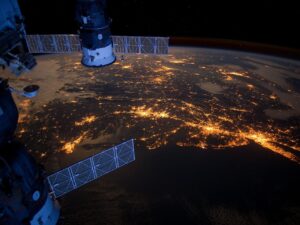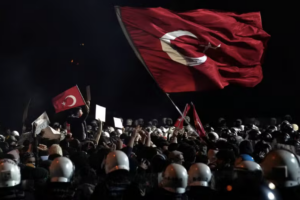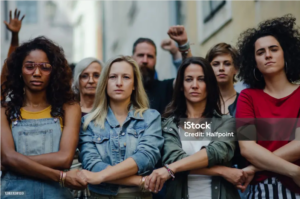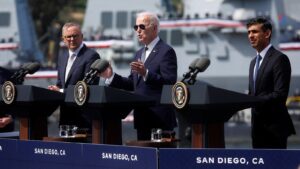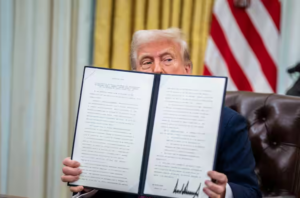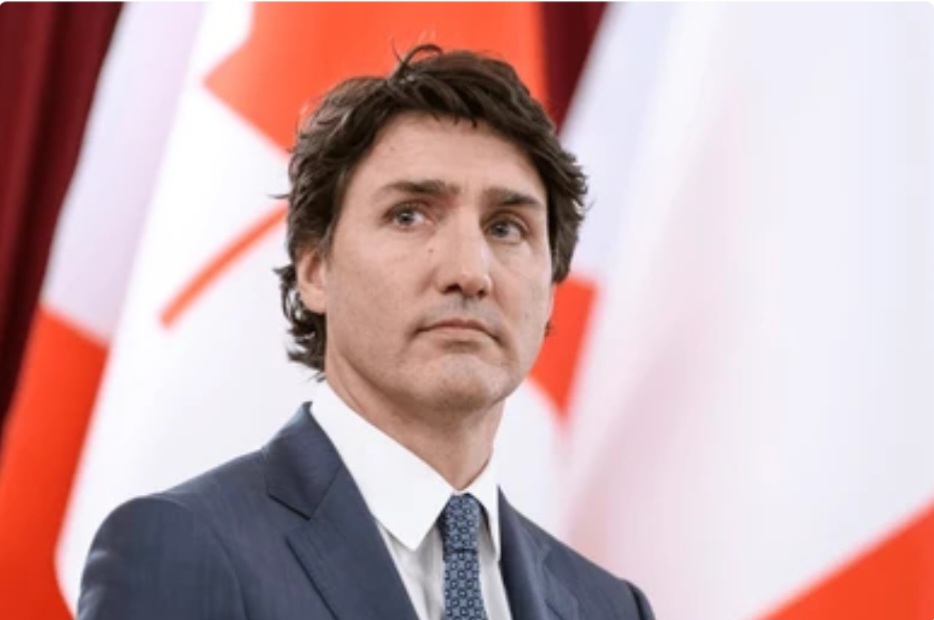A political context under pressure
On January 6, 2025, Justin Trudeau, Prime Minister of Canada since 2015, announced his resignation. The move comes as his popularity is plummeting. Indeed, polls indicate voting intention for the Liberal Party falling to 16%, putting the party in third place behind the Conservatives and the NDP. This announcement also follows a series of political and economic setbacks that have shaken his government. His decision comes after nearly a decade of leadership. During his mandate, he embodied socially and environmentally progressive policies but also faced growing criticism.
The crisis was precipitated by the resignation of Chrystia Freeland, deputy prime minister and finance minister, in December 2024. Considered a key ally of Trudeau, Freeland has expressed disagreement with economic measures deemed « populist », including the granting $250 checks to middle- and low-income Canadian households. This departure reinforced internal divisions within the Liberal Party, further weakening Trudeau’s leadership.
Major economic challenges
Canada faces a budget deficit of $61.9 billion for the year 2023-2024, a figure well above initial forecasts. This has heightened concerns about the viability of the government’s economic policies, especially as the country faces persistent inflation and slowing GDP growth.
In addition, the imminent arrival of the Trump administration in the United States has reignited trade tensions between the two countries. Threats of new customs tariffs of 25% on Canadian exports. This concerns particularly the aluminum and automobile sectors. Thus, supplementary pressure is added to an already struggling economy. Chrystia Freeland had warned that budgetary reserves would be necessary to counter a possible tariff war, accentuating her opposition to Trudeau.
An opposition seeking change
Recent polls indicate that 67% of Canadians want a change in leadership. The opposition, led by Pierre Poilievre of the Conservative Party and Jagmeet Singh of the New Democratic Party, is now calling for early elections to give citizens a voice again. Critics target the Trudeau government’s economic management and loss of internal control.
The Liberal Party must now appoint a new leader to try to restore the confidence of Canadians. Several names are circulating such as Chrystia Freeland and Mark Carney. However, the task will be difficult, in a context where internal divisions and external pressures are accumulating.
Diplomatic tensions: an international crisis
First of all, relations between Canada and the United States are under strain. Donald Trump has suggested a merge between the two countries. Indeed, he declared that Canada could become the 51st state of the United States. This announcement has sparked intense controversy and strong opposition from Canadian leaders.
Furthermore, relations between Canada and India have deteriorated after accusations of interference and criminal activities on Canadian soil. This diplomatic crisis led to mutual expulsions of diplomats and a cooling of commercial relations between the two countries.
This situation complicates the country’s ability to position itself on the world stage as a reliable actor.
Justin Trudeau’s resignation marks the end of an era for Canada. It also ushers a period of political and economic uncertainty. Internal economic challenges, diplomatic tensions and international pressures demand a strong and unified response. As the country prepares for a possible election, questions remain. Who can turn things around and restore the confidence of Canadians?


